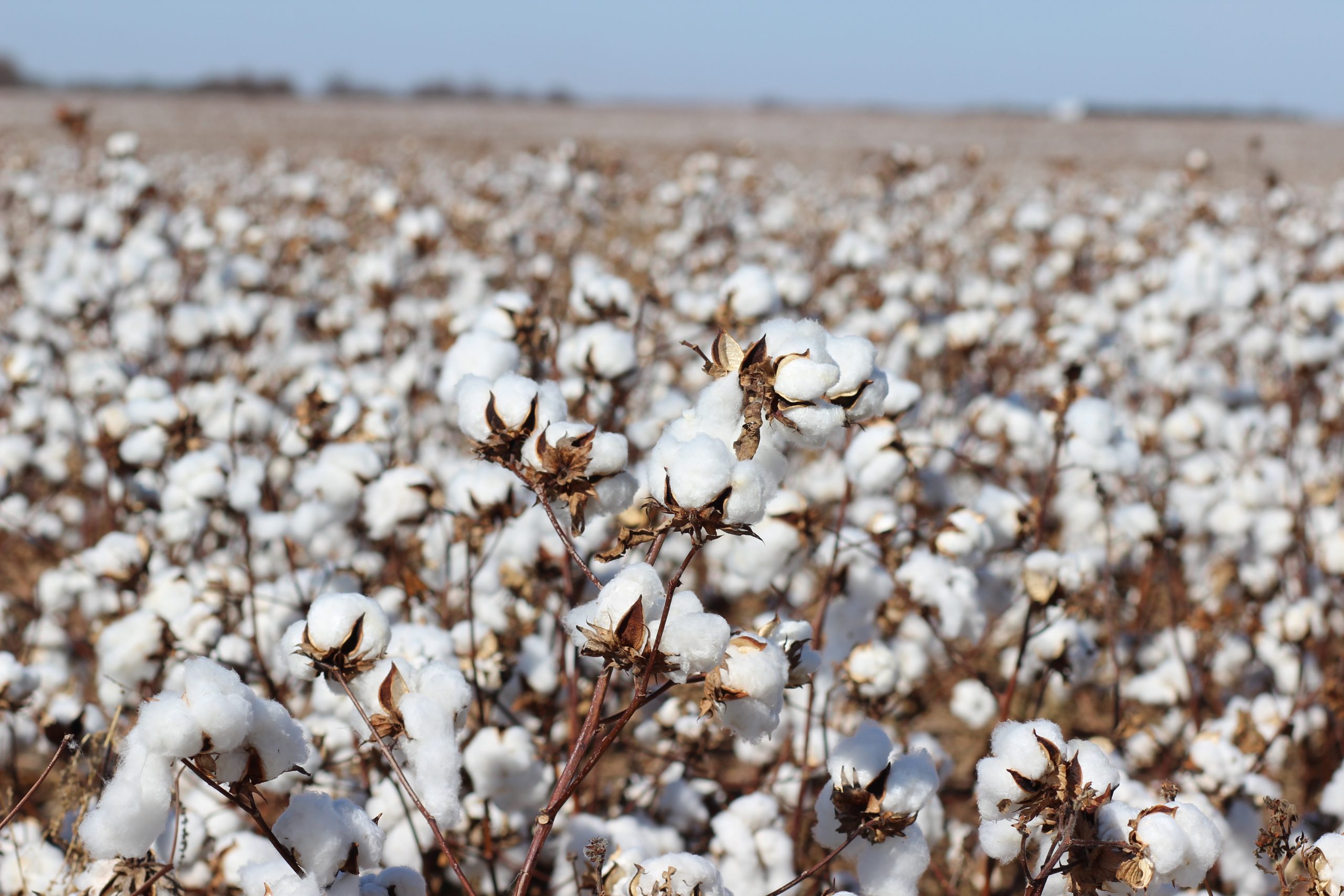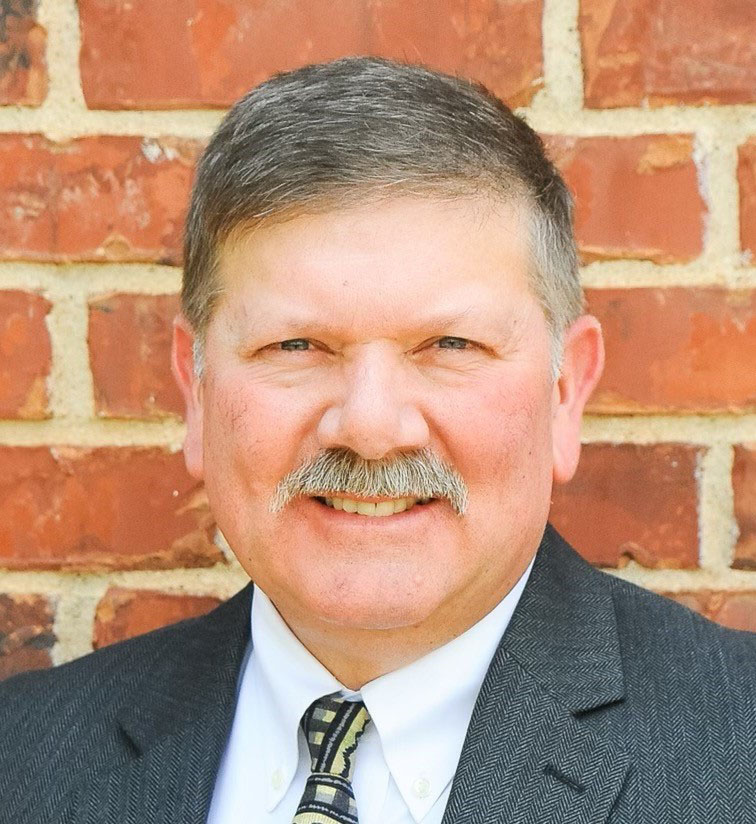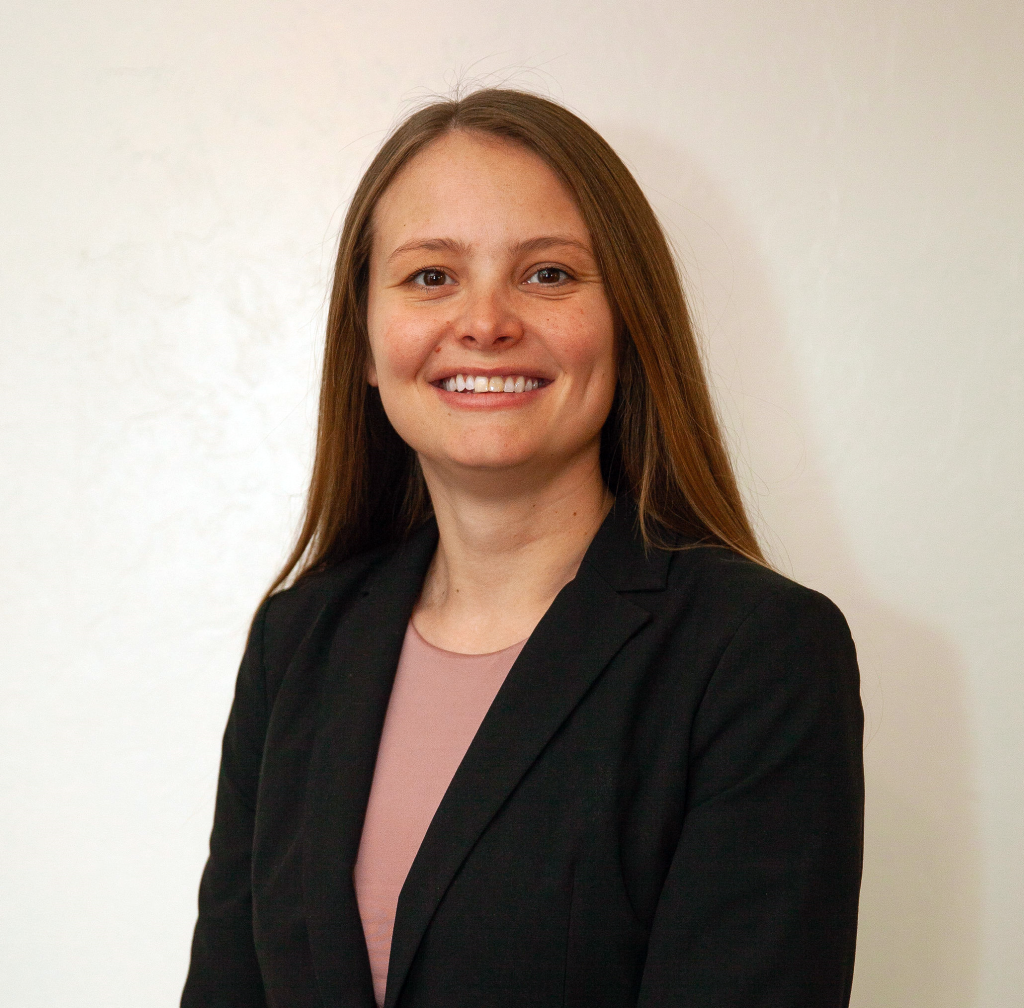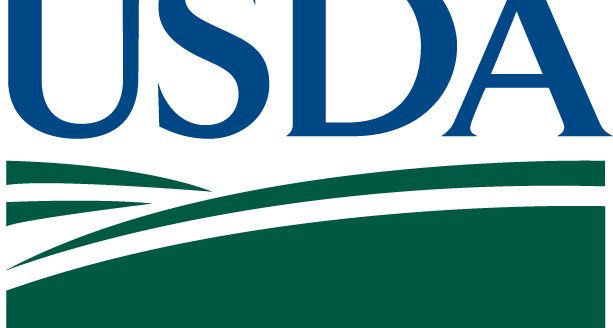Texas and Oklahoma name new state cotton Extension specialists

Texas and Oklahoma have hired new cotton Extension specialists to handle their respective states. Ken Legé, has been named Texas A&M AgriLife Extension cotton specialist for the west Texas area, and Jenny Dudak, Oklahoma State University crop science doctoral candidate, has been selected as the Oklahoma State University Extension cotton specialist.
Ken Legé
Legé, originally from Winnie, Texas, started his new position in January. He has worked in the cotton industry for the last 37 years and considers himself cotton’s biggest advocate, as he only wears 100% cotton clothing. Legé likes to think cotton chose him when he fell in love with plant science at Sam Houston State University in Huntsville, Texas. He went on to Texas A&M University and was offered graduate assistantships in cotton.

“I had never even seen cotton in my life, but as many people in the cotton industry will tell you, once you get cotton in your blood, you’re hooked for life,” Legé said. “I really enjoy the close-knit community associated with the crop.”
Although Legé started his career with Extension, he has also worked with numerous cotton seed companies over the years.
“Fortunately, this opportunity here at Texas A&M AgriLife was presented to me, and it has worked out really well,” he said. “I started my career in Extension here in Texas, and then as the state Extension cotton specialist for Clemson University, so it seems fitting to return to my beginnings.”
Legé described west Texas as having the most resilient and innovative farmers he has ever worked with, and he is looking forward to aiding them in any way he can.
“Growers face such challenges that seem to be insurmountable at times, yet they overcome every year,” Legé said. “Even though most growers wouldn’t admit it, they are the most optimistic group of people that I’ve ever been around. Otherwise, they would be doing something else—something easier and with less risk.”
Since his appointment includes 25% research, Legé is also looking forward to evaluating row spacing, seeding rates, seed quality and biologicals/biostimulants in his small plot research program. He and his wife Cassie have lived in Lubbock since 2013, and they have two adult sons.
Jenny Dudak
Dudak will not start her position until after she walks across the graduation stage in May with her doctorate in crop science. She grew up in a small town in northeast Iowa and spent much of her childhood on her grandparents’ farm in Illinois, where she developed a passion for agriculture. Although she did not grow up in a strong cotton farming area, Dudak said the crop quickly felt like home.
“I first became familiar with cotton production in 2016,” Dudak said. “After that, I hit the ground running, absorbing information from producers, Extension and industry agronomists, consultants and colleagues.”
She said her cotton career started as a student worker for the cotton Extension program at Texas A&M University, transitioning into a graduate student position studying cotton agronomics at TAMU and eventually providing private consulting while obtaining her Ph.D. in cotton weed science at Oklahoma State University.

“I wanted a career where I was forever learning, and I made the right choice with cotton agronomy,” Dudak explained. “I like to refer to cotton as a very “humbling” crop, with every season bringing its unique set of challenges. Folks involved in the cotton industry, especially the producers, are some of the most innovative, passionate and adaptable people I have ever met. I am honored to be able to join this group in my new role to do my part in continuing to improve the cotton industry in Oklahoma and across the cotton belt.”
Dudak said she is most excited to start meeting the cotton producers of Oklahoma and learn about their specific challenges so she can better serve the state’s cotton industry. Long term, she is looking forward to training the next generations of cotton agronomists and giving back like her mentors did for her.
“My vision for the cotton Extension program at Oklahoma State is to empower our county educators, area agronomists and other specialists to feel confident in providing solutions to our producers regarding various aspects of cotton production,” Dudak said. “This role has been a dream of mine I have worked hard to achieve. I feel confident stepping into this role because I know I have a knowledgeable group of advisers standing behind me and a great group of cotton producers across Oklahoma to learn from.”
Lacey Vilhauer can be reached at 620-227-1871 or [email protected]. .



